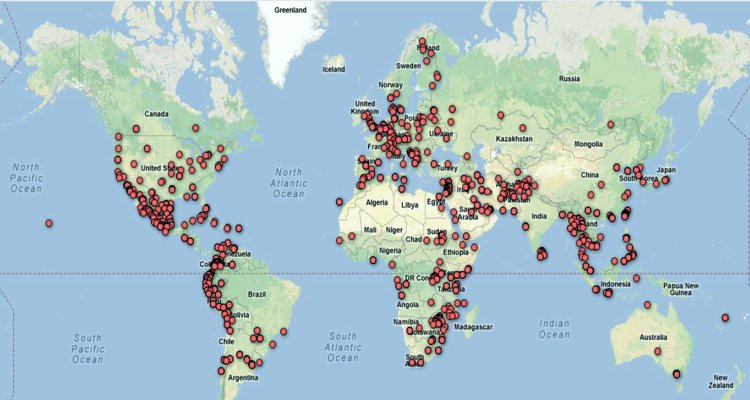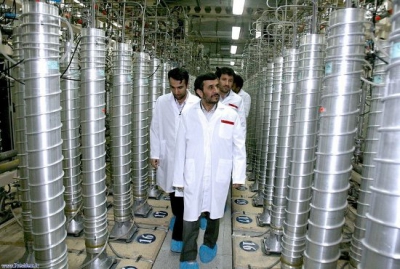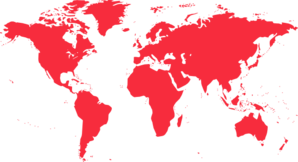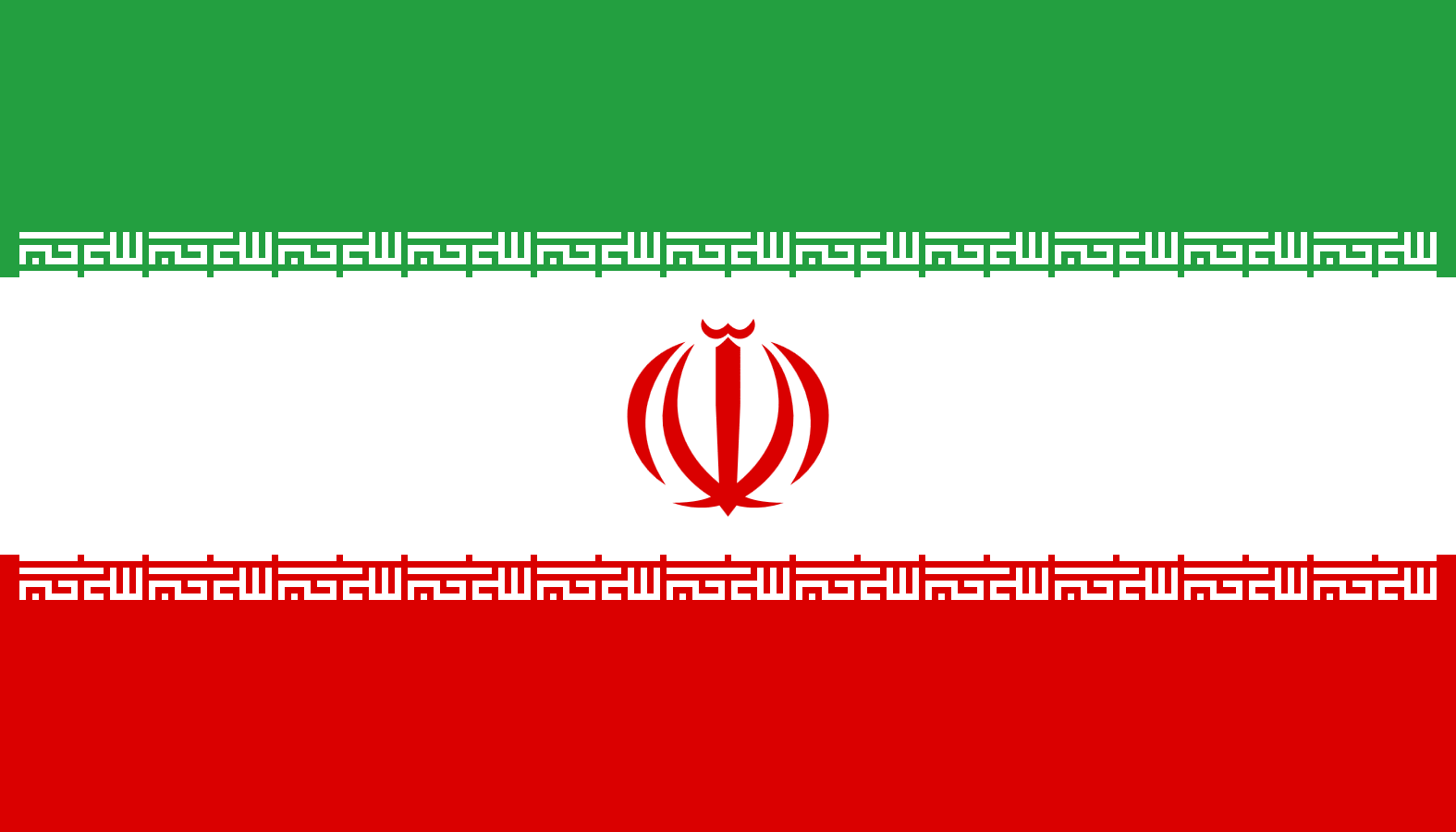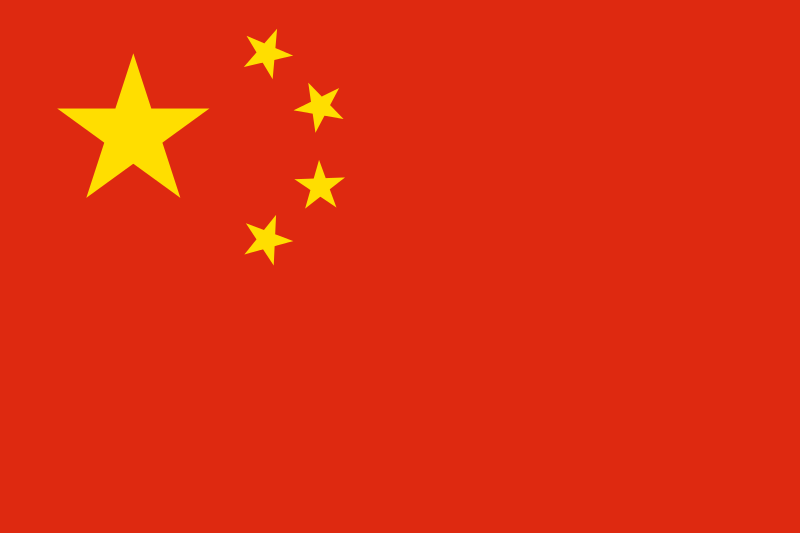Joomla gallery by joomlashine.com
ACSSS
King's College London
Alpha is based in the Centre of Science and Security Studies @ King's College London. Click here to visit the Centre's website and here to visit the Alpha page on the website of King's College London.
Sponsorship & Advertising Opportunities
Want to raise awareness of your product or service with trade control practitioners? Contact Alpha about advertising on our site.Â
News and Analysis
Alpha is delighted to announce the arrival of four new experts. Cathy Gilhespy and Nick Mitchell come to us having left distinguished roles in the UK Government's Export Control Organisation. To view their profiles, click here. Both Nick and Cathy will focus on improving export control implementation amongst manufacturers and exporters. Geoffrey Smith and Glenn Anderson come to us from the Ministry of Defence. Geoff will focus on identifying and engaging manufacturers of technologies with nuclear end uses whereas Glenn will focus on the implementation of trade controls in the shipping and fast-freight forwarding industries.
The Alpha team frequently visits firms to discuss export compliance issues. The team includes former UK government officials with many years of experience working in this area. They are happy to discuss any difficulties which firms have in implementing export control regulations and to provide support and guidance. Email
This email address is being protected from spambots. You need JavaScript enabled to view it.
to arrange a visit. Firms should also consider sharing suspicious inquiries that they receive with the project team. Doing so can have significant benefits in helping firms across the board to prevent illicit trade. The project team has experience dealing with this type of sensitive information and has strict research…
In late June 2013, the UN panel of experts that was set up to monitor the implementation of sanctions on North Korea released its final report. The report outlines North Koreaâs continued efforts to breach UN sanctions in order to supply its WMD programmes, import and export conventional arms, and import luxury goods. The report issued a number of recommendations to the UN Security Council and national authorities to enable more effective implementation of sanctions. UN sanctions have been in place on North Korea since July 2006 following a series of missile tests on the 4th July. Since then, North…
The Alpha team is pleased to announce that as part of the Virtual Conference Series, David Lowrie will speak on his experiences combating suspicious inquiries from Iran while implementing compliance. David, compliance manager at Rakon UK, recently published a paper on this topic with Alpha's own Daniel Salisbury. Please register for this event here. Note: this event is free for Alpha members and for smaller firms as defined here.Â
Bank Mellat is one of the largest banks, and the largest privately owned bank, in Iran. It has allegedly been involved in providing financial services that have enabled procurement in some areas of Iranâs nuclear programme. Sanctions were imposed on Bank Mellat by the US and the EU in 2007 and 2010. More recently, Bank Mellat has been disputing the grounds on which these sanctions were imposed and seeking legal proceedings to bring about their removal. They have recently had some success on this front with a UK Supreme Court ruling that the UK sanctions were unlawful in June 2013,…
Published in: Iran
On the 18th June 2013, U.N. Secretary General Ban Ki-moon recommended changes to the sanctions that have been in place on Iraq since the invasion of Kuwait in 1990. If accepted, Banâs recommendation would see the ongoing humanitarian dispute between Kuwait and Iraq (relating to missing Kuwaiti nationals, and border, property and other issues) dealt with under Chapter 6, rather than Chapter 7, of the U.N. Charter, which allows the Security Council to impose measures for peace-keeping, ranging from sanctions to military intervention. The change, if it is passed, will go a long way to restoring Iraqâs image and will…
The panel of experts set up to monitor the implementation of UN sanctions on Iran has released its annual report. The report highlights Iranâs continued non-compliance with its international obligations and its continued defiance of UN Security Council orders to suspend the countryâs controversial nuclear and missile programme and to halt procurement of sensitive technologies that could support these programmes.
MITEC, an entity involved in the construction of the Arak heavy water reactor in Iran, has been involved in the procurement of a large number of valves in breach of UN sanctions; The new UN panel report provides some more insights into the case; The report recommends the designation of âPentane Industriesâ for its involvement in the procurement process; Firms should have in place a compliance system including a screening element to prevent possible involvement in trade with designated entities. This case study also highlights some of the risks posed by Iranâs use of front companies based in Turkey, a…
The illicit trade in sensitive products and materials is a major problem for international security today. Proliferators work within legitimate trade structures by exploiting weak points in supply chains. They will often employ approaches simultaneously, attempting to disguise their own intentions and actions through a variety of methods. This document will explore some of the âred flagsâ that appear during transactions that can help exporters to identify illicit behaviour. In doing so, it will consider a number of examples derived from open sources and the work of Project Alpha to better illustrate some of these âred flagsâ that exporters need…
On the 5th June 2013, the UN Security Council extended the mandate of the expert panel established to monitor the implementation of Security Council sanctions on the Islamic Republic of Iran, following its failure to cooperate with the International Atomic Energy Agency (IAEA) about its nuclear programme. Dr. Jonathan Brewer, a visiting professor of the Centre for Science and Security Studies in Kingâs College London, has been a member of the panel since 2010. The new resolution extends the committeeâs mandate for one year, through 9 July 2014. A description of the panelâs work can be accessed on this page.…
In April 2013 the Secretariat of the European Council proposed new elements for inclusion in the Council's guidelines on implementation and evaluation of restrictive measures (sanctions). The new elements cover the criteria that should be used when determining whether an entity is "owned or controlled" by a designated entity.
International export controls have become almost ubiquitous in the international system, with the majority of states adopting controls to prevent the proliferation of Weapons of Mass Destruction and more conventional military capabilities. A constant challenge to the effectiveness of export controls has been that of intangible technologies. As far back as World War 1 there were concerns that transmission of data over the telegraph could result in the loss of military secrets. The advent of the internet saw these fears expanded, with digitalisation of component design becoming commonplace. In parallel, two further trends in manufacturing have been observable. First, manufacturing…
Upcoming Events
◄◄
◄
►►
►
July 2013
| Mon | Tue | Wed | Thu | Fri | Sat | Sun |
|---|---|---|---|---|---|---|
|
1 |
2 |
3 |
4 |
5 |
6 |
7 |
|
8 |
9 |
10 |
11 |
12 |
13 |
14 |
|
15 |
16 |
17 |
18 |
19 |
20 |
21 |
|
22 |
23 |
24 |
25
No Image In this virtual conference Dave Lowrie of Rakon UK will share his experiences of detecting illicit [...]
Date : 25 07 2013
|
26 |
27 |
28 |
|
29 |
30 |
31 | ||||



